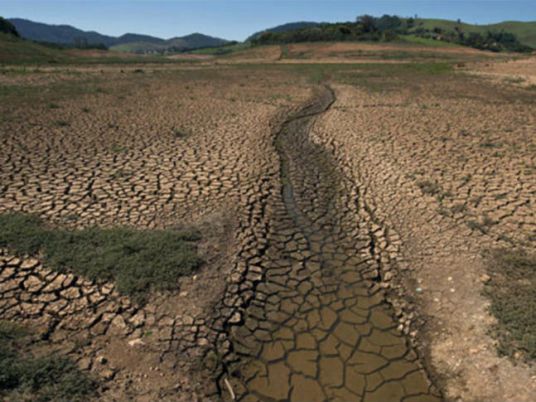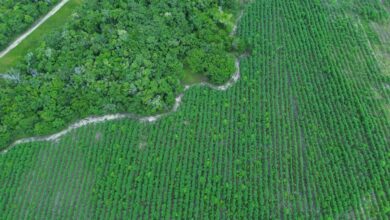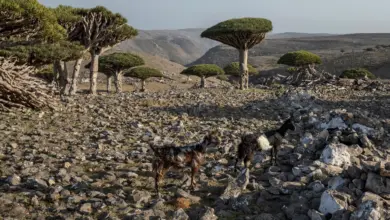
Climate change could drive up to a sixth of animals and plants on Earth to extinction unless governments cut rising greenhouse gas emissions, according to a US study published on Thursday.
Species in South America, Australia and New Zealand are most at risk, since many live in small areas or cannot easily move away to adapt to heatwaves, droughts, floods or rising seas, said the report in the journal Science.
The study averaged out 131 previous studies of climate change, whose projections of the number of species that could be lost to climate change ranged from zero to 54 percent of species worldwide – too wide to be useful in designing conservation policies.
Overall, it found that one in six species could be driven to extinction if greenhouse gas emissions are unchecked and temperatures rise by 4.3 degrees Celsius (7.7 Fahrenheit) above pre-industrial times by 2100, in line with one scenario from the UN Intergovernmental Panel on Climate Change (IPCC).
"Perhaps most surprising is that extinction risk does not just increase with temperature rise, but accelerates," author Mark Urban of the University of Connecticut's Ecology and Evolutionary Biology Department told Reuters.
A temperature rise so far of 0.9C (1.6F) has put around 2.8 percent of species at risk of extinction, the study found. Governments plan a global deal at a UN summit in Paris in December to limit greenhouse gas emissions.
The study looked only at climate change, just one of many threats to wildlife including pollution, expanding cities and loss of forests to farming that some experts say could trigger the worst extinctions since the dinosaurs died out 65 million years ago.
While habitat loss and hunting are currently the top threats, climate change will be "the number one driver of extinctions in the medium to long term", Marco Lambertini, director general of the WWF conservation group, told Reuters.
Jamie Carr, a species expert at the International Union for Conservation of Nature (IUCN), said the study was a "very well- educated guess", but that it was impossible to isolate the impact of warming from the host of other threats.
So far, he said that no species had been driven to extinction solely by a changing climate. The IUCN says warming contributed to the extinction of the golden toad, last seen on a Costa Rican mountaintop in 1989.
Thursday's study found little difference in the risks faced by different groups of animals. Some other studies suggest that birds will be able to fly to new habitats while less mobile creatures such as frogs and salamanders may suffer most from changing temperatures.




